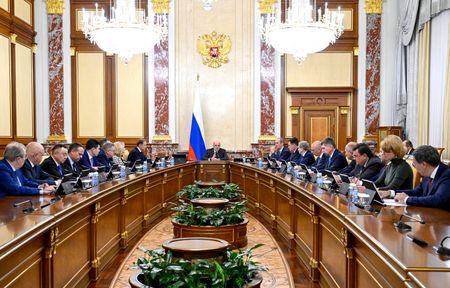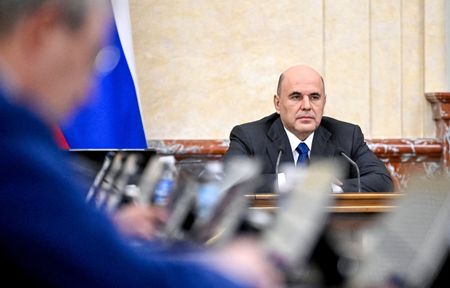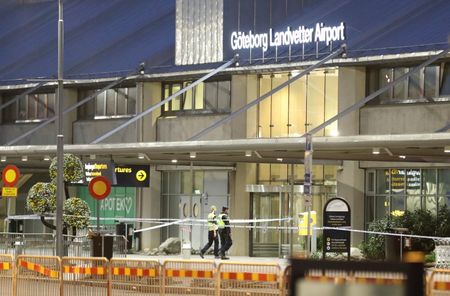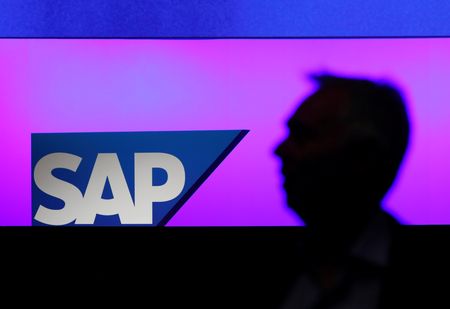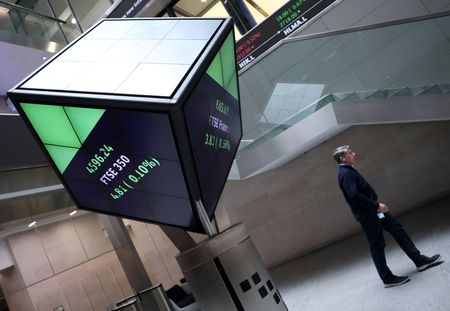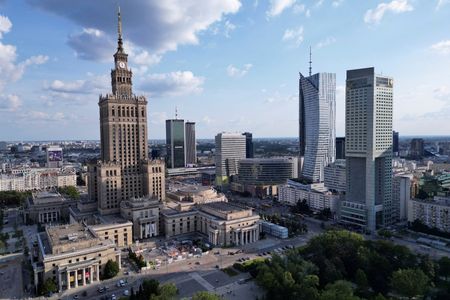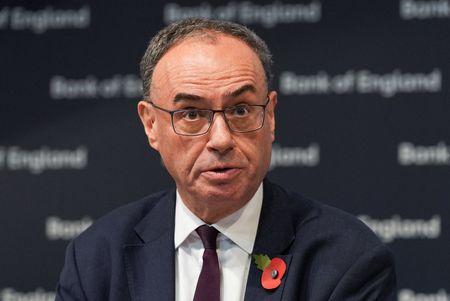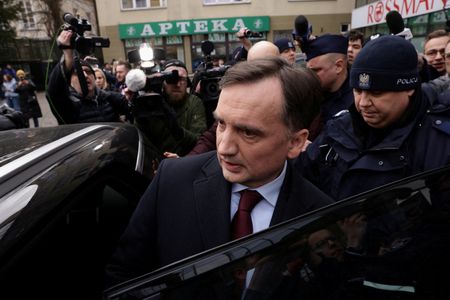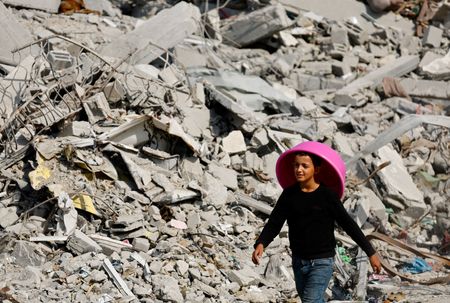By Darya Korsunskaya and Gleb Bryanski
MOSCOW (Reuters) -The Russian government has agreed to phase in a planned lowering of its value-added tax thresholds for small businesses from 2026 rather than impose it in one go, Prime Minister Mikhail Mishustin said on Thursday, after a backlash from business owners.
In its draft budget for 2026, the government had proposed that all businesses with annual revenues above 10 million roubles ($123,000) would have to pay VAT. Currently businesses with revenues of up to 60 million roubles are exempt from VAT.
Business lobbies argued that this move, aimed at mobilising state finances for Russia’s military operation in Ukraine, would hit 1 in 10 small-business owners, many of whom might have to shut down as a result.
The government’s new proposal is to lower the tax-free revenue threshold to 20 million roubles in 2026, then to 15 million roubles in 2027 and 10 million in 2028 from the current 60 million.
“The conditions for applying VAT by small and medium-sized businesses will be eased with a phased change in the payment thresholds starting in 2026,” Mishustin said.
Mishustin also proposed a moratorium on punishments for first tax violations by businesses that will start paying VAT in 2026. Many small businesses were complaining that they don’t have the expertise to process the new tax payments.
The new numbers fell short of the business compromise proposal to lower the threshold for VAT payments to 30 million roubles instead of 10 million, as expressed during the budget debate in parliament.
“The transition has been made smoother, but the trend is clear in any case. The tax pressure on small businesses is increasing,” said economist Evgeny Kogan.
This hike comes on top of a proposal to raise the general VAT rate to 22% from 20%, which is expected to generate about 1 trillion roubles to help fund military spending and address the country’s growing budget deficit.
Small and medium-sized businesses account for more than one-fifth of Russia’s gross domestic product, according to the latest available data from the Economy Ministry, and they employ 31 million people, about 40% of the total workforce.
Russia defines small and medium-sized companies as those employing up to 250 people and generating up to 2 billion roubles in annual revenue. The government expects to raise 200 billion roubles ($2.5 billion) from these measures.
In a separate initiative, the government proposed introducing a “technology tax” on industrial electronics imports. The tax revenues would then be used to support domestic producers.
($1 = 81.3000 roubles)
(Reporting by Darya Korsunskaya; Writing by Gleb Stolyarov and Gleb Bryanski; Editing by Guy Faulconbridge and Hugh Lawson)



